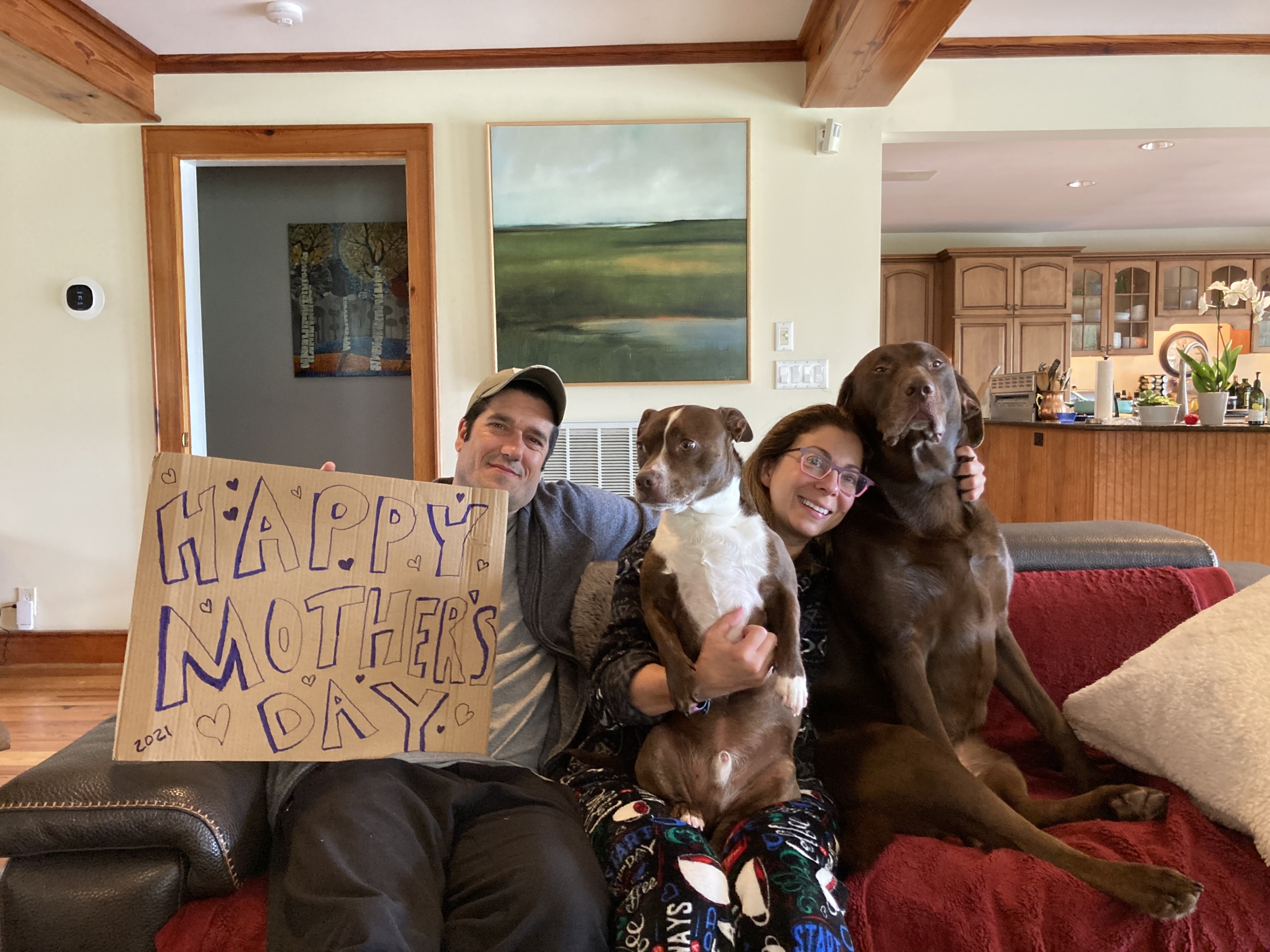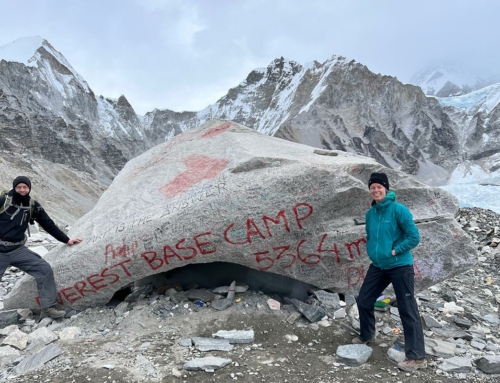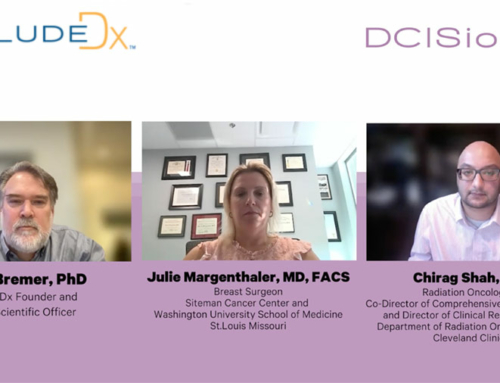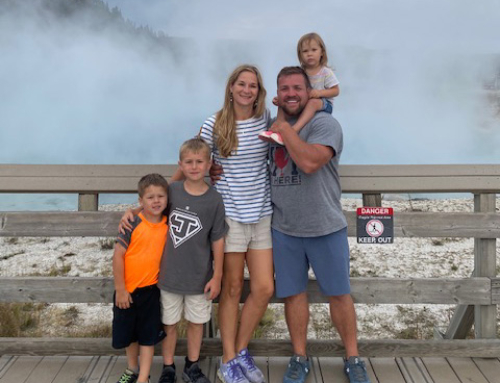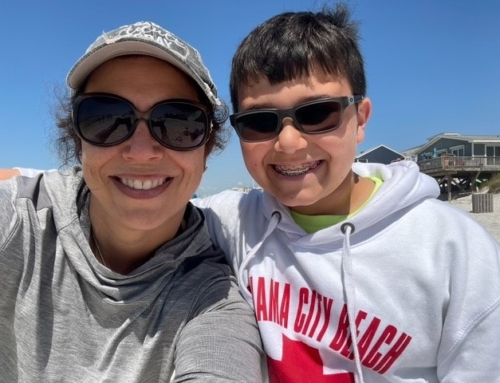Dr. Barbosa has a long track record of caring for others. Whether it is treating breast cancer patients in Alaska, returning back to the mainland to care for her ailing mother or taking care of her 4-legged family members, she has a passion for helping others.
Dr. Barbosa is an oncoplastic surgeon, a specialty that is a fusion of plastic surgery and cancer surgery. Instead of just removing the cancer, she is able to reconstruct the breast in a more cosmetically appealing way at the time of surgery. Oncoplasty, prevalent in Europe, is a relatively new and growing specialty in the U.S.
Her father a Brazilian native and mother from the Bronx, she is a native New Yorker. She moved to Alaska when she was offered the opportunity to be the state’s first and only Breast Fellowship trained surgeon. It was a great opportunity to grow as a breast surgeon, educate colleagues on new technologies and help local women through their cancer journey. When her mom suffered from a stroke, she made the decision to relocate to the east coast to be closer to her. Today, Dr. Barbosa is a part of the TidalHealth team caring for women in Delaware, Maryland and part of Virginia.
“In cancer care, I think that it is really important for women to understand the difference between invasive cancer and ductal carcinoma in situ (DCIS). I think that many doctors treat DCIS as if it is an invasive cancer and they get really aggressive in treating it. However, we know that not all DCIS will progress to invasive cancer in a patient’s lifetime.”
“I get it. As doctors, we don’t know which cancers are going to be ‘bad players’, so we go on the offensive and treat all cancers as if they are ‘bad players’ and end up overtreating some patients. Until recently, breast conserving surgery followed by radiation was considered the ‘standard of care’ for DCIS patients. With the introduction of genomic tests, we are a bit more enlightened and now know that the ‘one-size-fits-all’ approach to treatment isn’t the best for the patient.”
Dr. Barbosa was practicing in Alaska when she first learned about DCISionRT®, a biologic signature for breast DCIS to predict RT benefit and assess recurrence risk. “It was really exciting for me, but even more so for my patients, that I had the ability to provide additional information and another level of security to make an informed treatment decision, especially for such a major life decision. I had patients on both ends of the spectrum. Some were ‘no way’ I’m going to have radiation. Others wanted to do anything and everything to fight DCIS. I had patients that clinically looked to have a ‘bad player’ over a large area, but when we did the test, the results told us that it wasn’t, and radiation wasn’t needed. And of course, the opposite is true. Some patient results confirmed that they would achieve a significant benefit from radiation, so I was able to provide that solid data and encourage them to reconsider radiation therapy.”
Dr. Barbosa is a strong proponent of leveraging genomic testing early in the process to arm the patient with as much information as possible. She will typically order DCISionRT on the core biopsy of DCIS. That way the patient is empowered heading into surgery and can feel more confident during radiation consult and in their ultimate decision.
“Unfortunately, not a lot of patients or doctors are aware of DCISionRT. I am in the process of setting up webinars to educate doctors and patients on the benefit of genomic testing for better patient outcomes. When we have the results pre-operatively, it may even change the surgery. Patients may decide to not have a mastectomy and instead have a partial mastectomy with radiation. But knowing gives patients informed options. The first response is always ‘Wow’.”
“I feel strongly about arming my patients with all the information available so they are not unduly influenced and can make personal, informed decisions. That sums me up. I’m a strong, powerful doctor by day and a doggie momma by night.”

